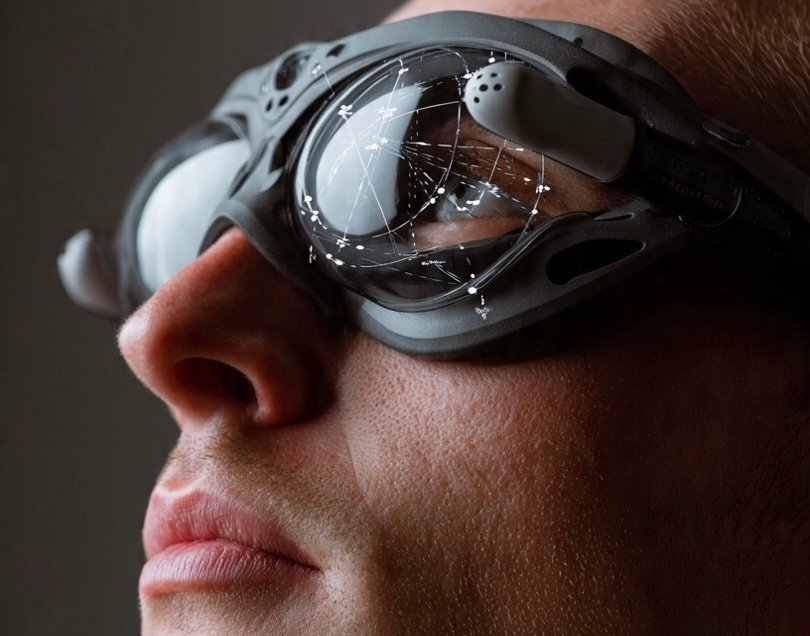Children of fathers who began smoking at 15 or younger may biologically age faster, according to groundbreaking findings from the ERS Congress Amsterdam. Researchers warn that adolescent smoking damages sperm during puberty, leaving lasting epigenetic changes that can affect the next generation’s health.
Why Puberty Matters in Sperm Epigenetics
Puberty is a vital stage when sperm production begins, and epigenetic programming is highly sensitive to external influences like smoking. Smoking during this stage does not alter DNA sequences directly. However, it can disrupt how genes are expressed, creating molecular markers of accelerated biological aging in children.
How Scientists Measured Biological Aging in Children
Researchers studied blood samples from 892 participants in the RHINESSA study, aged 7 to 50 years. They used epigenetic clocks, which measure molecular changes on DNA that reflect biological rather than chronological age. These markers allowed scientists to link early paternal smoking with measurable aging effects in children.
Key Findings From the RHINESSA Study
The results were striking.
- Children of fathers who smoked before or at 15 showed biological ages nine to twelve months older than expected.
- After adjusting for the children’s own smoking habits, the difference rose to 14 to 15 months.
- Fathers who began smoking later in adolescence had far less impact.
- Maternal smoking before pregnancy showed no similar association with accelerated aging.
Health Risks Linked to Accelerated Biological Aging
Experts stress that biological age exceeding chronological age is a serious health warning. This state is associated with a higher risk of cancer, cardiovascular disease, arthritis, and dementia. Lead author Dr. Juan Pablo López-Cervantes from the University of Bergen emphasized that boys who smoke early may unknowingly affect their children’s long-term health and life expectancy.
Expert Reactions and Vaping Concerns
Dr. Stamatoula Tsikrika, Chair of the ERS expert group on tobacco and health education, praised the study but expressed concerns about new trends. While youth cigarette smoking is falling, teenage vaping is rising quickly. Experts caution that vaping may cause similar or even unforeseen epigenetic risks, with consequences that remain uncertain.
Why Adolescent Smoking Prevention Matters
This research highlights the urgent need for stronger prevention programs. Protecting boys from smoking during puberty reduces their own risks and safeguards the health of future generations. Experts recommend:
- School-based anti-smoking programs
- Public health campaigns targeting vaping and tobacco
- Stricter regulation of nicotine products among youth
FAQs About Smoking and Intergenerational Health
Q1: How does adolescent smoking affect future children?
Smoking during puberty alters sperm epigenetics, potentially transmitting accelerated aging markers to children.
Q2: Is maternal smoking before pregnancy linked to similar risks?
This study found no strong link between maternal pre-pregnancy smoking and children’s biological aging.
Q3: What diseases are connected to accelerated biological aging?
Health risks include cancer, cardiovascular disease, arthritis, and dementia.
Q4: Could teenage vaping have similar intergenerational effects?
The long-term impact of vaping remains unclear, but experts believe it may pose serious, unknown intergenerational risks.
Conclusion
The findings show that smoking harms extend across generations. Fathers who smoke during puberty may pass faster biological aging to their children through sperm epigenetic changes. Preventing teenage smoking and addressing the rise of vaping are vital steps in protecting both today’s youth and the health of future generations.
Disclaimer:
The information provided in this article is for general informational purposes only and should not be considered medical advice. Always consult a qualified physician or healthcare professional before starting any new health practice, treatment, or following the tips mentioned here.




